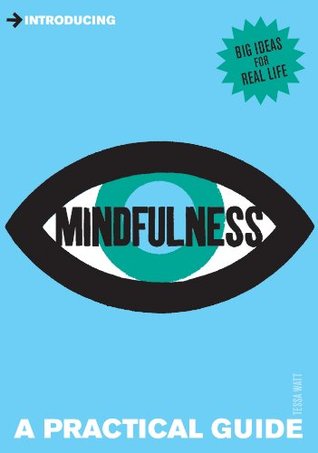More on this book
Community
Kindle Notes & Highlights
by
Tessa Watt
Read between
July 25 - July 31, 2020
mindful can also help us to be less swept away by our powerful, habitual currents of thought and emotion, which can manifest as stress, depression, negative thinking, anxiety, anger, resentment or self-doubt. Training in mindfulness Mindfulness itself is a way of being – a capacity for moment-by-moment awareness – which doesn’t belong to any one culture or tradition.
We can start to make friends with them and see their patterns. We’re not trying to get rid of them to achieve an empty mind. They are as natural as waves, coming and going within the ocean of our awareness.
Some meditation traditions encourage a practice of ‘labelling’ thoughts. This helps us to be clearer about the difference between when we’re caught up in a thought and when we are present with the focus of our meditation. At the very moment when you notice you’ve been caught, you can say silently to yourself ‘thinking’, before you return to the breath or other focus. This can be especially helpful when you’ve been off in a daydream, away with the fairies for some time, and suddenly – here you are again in the room. By acknowledging ‘thinking’ at this point, you are bringing in an element of
...more
see thoughts as thoughts; as mental events, no more or less. We begin to understand that the thoughts are not facts, and the thoughts are not us.


